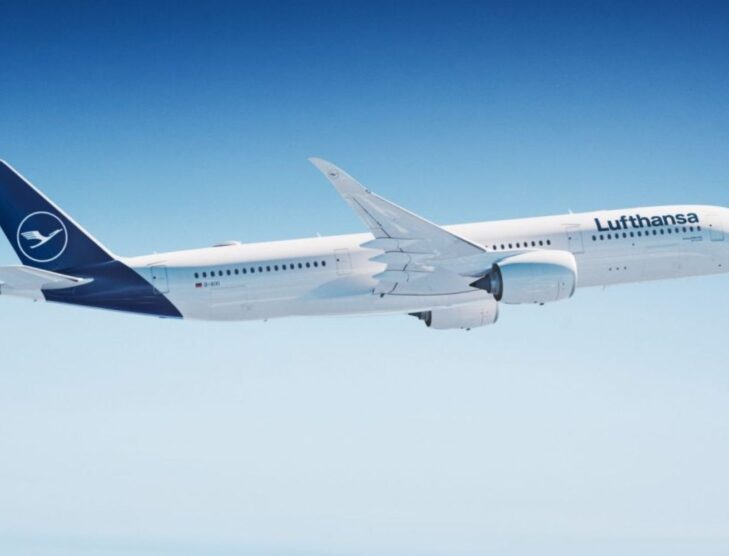
New law to reduce aviation emissions in EU with use of SAF
The European Commission announced on April 26, 2023 that the European Parliament and the European Council have reached a “political agreement” on the ReFuelEU Aviation proposal. The agreement sets out the use of sustainable aviation fuel (SAF) from flights within and departing the European Union (EU) between 2025 and 2050.
The political agreement now requires formal adoption by the Parliament and the Council. Once this process is completed, the new legislation will be published in the Official Journal of the European Union and enter into force with immediate effect.
Once in place, the new rules will help decarbonise the aviation sector by requiring fuel suppliers to blend sustainable aviation fuels (SAF) with kerosene in increasing amounts from 2025. This measure on its own is projected to reduce aircraft CO2 emissions by around two-thirds by 2050 compared to a ‘no action’ scenario, and provide climate and air quality benefits by reducing non-CO2 emissions, according to the European Commission.
The blending mandate covers biofuels , recycled carbon fuels and synthetic aviation fuels (e-fuels) in line with the Renewable Energy Directive (RED), but excludes food and feed crops, supporting sustainability objectives.
Some of the key elements of the agreement include:
- Setting of mandates for minimum SAF uplift at EU airports of 2% by 2025, 6% by 2030 and 20% by 2035, up to a maximum of 70% by 2050. Of these amounts, 1.2% in 2030, and 5% in 2035 must be power to liquid (PtL) or E-Fuels, increasing to 35% by 2050.
- A requirement for the European Commission to report by 2024 on the feasibility of a Book and Claim (B&C) system for airlines to manage the supply of SAF in a flexible way across the EU.
- A call for States to adhere to a single EU SAF mandate and avoid a patchwork of national SAF mandates.
Aircraft operators departing from EU airports will be required to refuel only with the fuel necessary for the flight, to avoid emissions related to extra weight or carbon leakage caused by ‘tankering’ practices (deliberately carrying excess fuel to avoid refuelling with SAF). Further, airports will have to ensure that their fuelling infrastructure is available and fit for SAF distribution.
Since it will apply throughout the EU, the new mandate will ensure a level playing field within the EU market, providing “legal certainty” to fuel producers.
“While mandates for SAF use send a signal to producers and the market, without a comprehensive policy framework to incentivise cheaper production and more flexible rules of supply, mandates alone simply risk a huge increase in cost and a licence to print money for fuel suppliers, while raising the price of mobility throughout the EU,” said Conrad Clifford, deputy director general of the International Air Transport Association (IATA). The IATA represents some 300 airlines comprising 83% of global air traffic.
The IATA urged that a book and claim system be established to create a flexible market for SAF across the EU. “The reality is that the commission has already conceded that supply will be uneven across the EU, which therefore makes it all the more essential to have a proper B&C system in place before the 2% mandate comes into force. Alongside expert stakeholders, IATA is working on a robust global framework for applying a harmonised B&C system for the aviation industry, and we hope to work together with the commission to apply this framework in the EU,” said Clifford.





.png)



